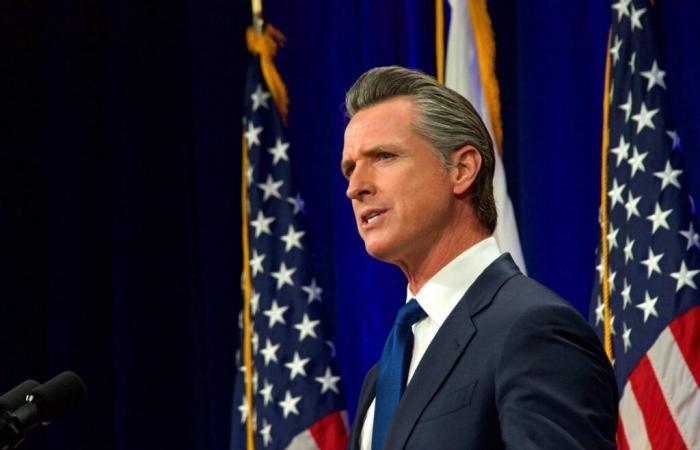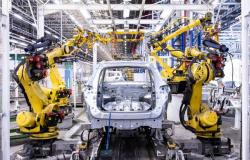As the Trump administration threatens to eliminate federal aid for electric vehicles, California is preparing its response.
California plans to relaunch its aid to counter a possible federal repeal by Donald Trump. However, Tesla would be excluded. The battle rages between the new president-elect and Governor Gavin Newsom.
A California that does not bend
California does not intend to slow down its progress on electric vehicles, even under pressure from a government at odds with its ecological ideals. Faced with Donald Trump's declared intentions to cancel federal tax credits for electric vehicles from January , Governor Gavin Newsom proposed a plan to revive local incentives. But this announcement is tinged with controversy: Tesla, the iconic leader in electric vehicles, would simply be excluded! For years, the federal tax credit (up to $7,500) has played an important role in the adoption of electric vehicles in the United States. But for Trump, this aid is superfluous, even harmful. Despite his rapprochement with Elon Musk, the president-elect remains fiercely opposed to these tax advantages. Yet in a move that could reshape the market, Newsom vows to maintain the momentum for zero-emission vehicles in California.
“We will not go back”insisted the governor in a press release, reaffirming his commitment to a cleaner future. However, the choice to exclude Tesla, argued as a strategy to stimulate competition, raises questions. The Greenhouse Gas Reduction Fund, the source of financing for these rebates, is intended to balance the market. The objective? Encourage other automakers to invest more in electric vehicles, in the words of Newsom's office.
A hard blow for Tesla in its own stronghold
Tesla, born and raised in California, is world famous. Excluding the company from the rebate program could represent a shockwave in a state where it dominates sales. It must be said that the relationship between Elon Musk and Gavin Newsom has experienced turbulence in recent years. The relocation of Tesla's headquarters to Texas and political differences have exacerbated tensions. This new development marks a new divide between the company and the State which saw it born. The figures illustrate the potential impact of this decision. So far, more than two million zero-emission vehicles have been sold in California, the majority of them from Tesla. The previous rebate program, the Clean Vehicle Rebate Project (CVRP), financed 594,000 vehicles and delivered significant savings in carbon emissions. But since its suspension in November 2023, market players have been preparing for a transition period.
Relaunching the CVRP in a new form seems a relevant idea for Newsom, who wants to make the state a model in the fight against climate change. However, financial challenges are numerous. With the budget under pressure since the pandemic, the viability of this plan will depend on legislative approval. The impact of this decision will not be limited to California. Seventeen other states, aligned with its emissions standards, are closely scrutinizing its movements. With a ban on gasoline car sales expected by 2035, California charts a path many states could follow. However, Trump's threats to strip California of its power to regulate emissions open a new front in this climate and political battle. During his previous term, Trump attempted to reduce state autonomy, but California fought back with more than 120 lawsuits. This standoff could resume with a vengeance, with major implications for the American and global automobile industry.






